According to Malaguzzi, “Learning and teaching should not stand on opposite banks and just watch the river flow by; instead, they should embark together on a journey down the water. Through an active, reciprocal exchange, teaching can strengthen learning how to learn.”
Richland Academy is now entering its tenth anniversary, and comes with a history of traditional teaching. Now three years into the transition from a traditional teaching model to a Reggio inspired approach, the wonders of this way of supporting learners is emerging. But with it comes the challenges of bringing on board an already existing team of excellent teachers, as well as new teachers, and asking them to teach and learn through a different lens. We are learning how to listen and how to observe the children and each other. As we constantly reflect, we realize that our journey, although fraught with self-doubt, feelings of inadequacy, and the need for us to let go of our own personal egos, also brings us renewed joy in our teaching, allows for deeper creativity and is moving us all towards 21st century learning, that is based on natural inquiry and the child as a key player in his own learning.
At the centre of this approach is always the child. The shift from ‘the child following the teacher’, to’ the teacher following the child’ has been a monumental one. In the beginning we questioned, “Will we cover the curriculum? Will they learn to read? Will they learn their math skills?” These questions are indeed being answered for us. The children are showing us that they are deep thinkers who can question their own learning and challenge themselves and us, as teachers.
As we begin to look back at the beginning of our Reggio journey, we can laugh at the exuberance of how we leapt in with feet first. Our first changes began with the environment. We knew we had to bring nature in, so we went out and purchased natural baskets and branches. We look now with amusement realizing that yes, environment is of key importance, but we did not have to take it so literally. Every type of branch we could find was strung throughout each classroom. A classroom that looks like a forest is not necessarily a Reggio classroom!
We learned that everyone learns differently, even teachers, and to think that they would all spontaneously and unquestionably embrace this philosophy was idealistic. Perhaps we need to slow down, take more time to reflect deeply and allow everyone to move at their pace in their learning. No one book provides you with a step by step guide, but it is only through reading, reflecting, dialoguing with others, observing and embracing new ideas that we can transform.
At Richland Academy, we have a strong and supportive administration that allows us to experiment, and encourages us to challenge our own beliefs. As we dialogue with our colleagues, we are ever changing as we listen and learn from each other. Together, we are co-constructing what is Reggio in our school. What we are realizing is that Reggio cannot be transported from one place to another. It needs to be molded and nurtured, and made our own.
Our journey is an inspirational one and truly transformative, both for the children and ourselves as co-learners. Embracing the Reggio Approach has brought us back to the roots of childhood, and allowed us the privilege to experience the joy and wonder of learning through a child’s eyes.
Prepared by: Jane Buckley-Black (JK Teacher/Primary School Director), Paola Ciocio (JK/SK Teaching Partner), Kate Daniel (SK Teacher/Reggio Lead Teacher)

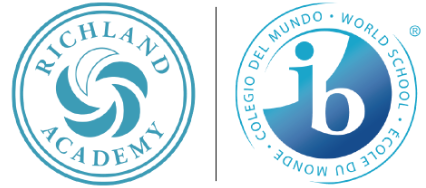


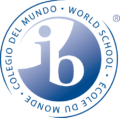
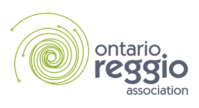

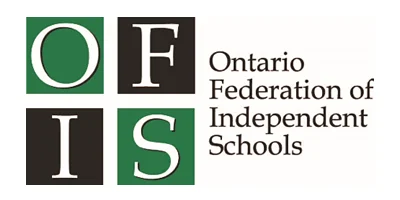

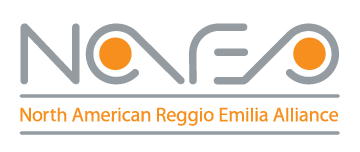
I like this weblog very much so much wonderful info.
Your website is really unique. Keep going that way.